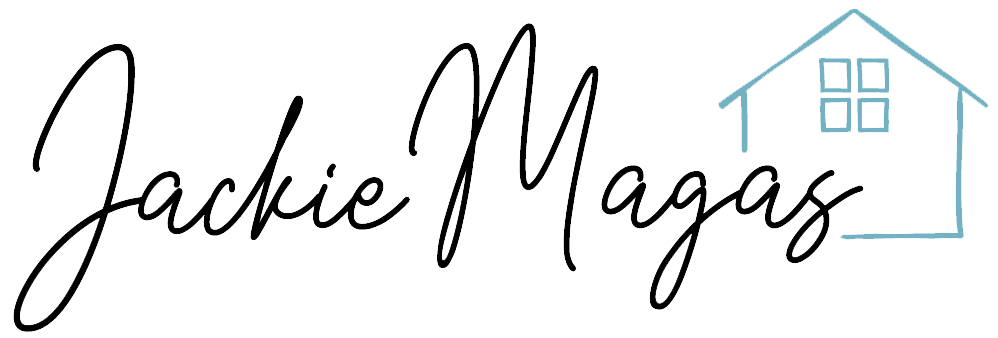Navigating the real estate market can be challenging, especially with the numerous specialized terms and jargon involved. Whether you’re buying or selling a property, understanding these terms can help make the process smoother and more transparent. Here’s a guide to some of the most common home-buying terms you’ll likely encounter.
Amenities
Amenities refer to features that enhance the value or desirability of a property. Common amenities might include swimming pools, professional landscaping, or a gourmet kitchen. These features can significantly impact a property’s appeal and value.
Amortization
Amortization outlines the loan payment schedule over the duration of the home loan. It specifies how much of each payment goes toward the principal and how much covers the loan interest. Initially, a larger portion of your payments will go toward interest.
Appraisal
An appraisal is an estimate of a property’s value conducted by a qualified professional known as an appraiser. This assessment is crucial for determining the fair market value of a property.
Bungalow
A bungalow is a single-story house, cottage, or cabin. Its design typically emphasizes a simple and compact layout.
Breach
A breach occurs when there is a violation of an obligation in a contract. In real estate transactions, this could involve failing to meet agreed-upon terms.
Broker
A real estate broker is a professional with advanced training and experience beyond a sales agent. Brokers must complete a series of classes and pass a state exam to obtain their license. They often act as legal representatives or office proprietors and charge fees or receive commissions for their services.
Building Code
Building codes are stringent laws that regulate the construction, design, materials, and other aspects of buildings to ensure safety and compliance with standards.
Condominium
A condominium is a property complex divided into individual units that are sold separately. Ownership usually includes a non-exclusive interest in shared areas controlled by the condominium management.
Close
Closing is the final step in a home sale, where documents are signed, recorded, and ownership of the property is officially transferred from the seller to the buyer.
Closing Costs
Closing costs are additional expenses incurred during the buying or selling of a property, beyond the purchase price. These can include fees for inspections, appraisals, and legal services.
CMA (Comparative Market Analysis)
A Comparative Market Analysis (CMA) is a report that compares the prices of properties similar to the subject property that have recently sold, are currently on the market, or were listed but not sold. This helps in determining a fair market price.
Conventional Mortgage
A conventional mortgage is a first mortgage that covers up to 75% of the property’s appraised value or purchase price, whichever is lower.
Counter Offer
A counter offer is a response from the seller to the buyer’s offer that modifies one or more terms or conditions of the original offer.
Deed
A deed is a legal document that transfers ownership of a property from the seller to the buyer. It is essential for proving legal ownership.
Earnest Money
Earnest money is a deposit made by the buyer to show commitment to the offer. Held in escrow until closing, it is then applied to the down payment.
Escrow
Escrow involves funds held by a third party until the closing process is complete. This often includes earnest money and can also cover future taxes and homeowners insurance.
FSBO (For Sale By Owner)
FSBO stands for “For Sale By Owner,” referring to properties sold without the assistance of a real estate agent. It can also denote the homeowner handling the sale directly.
Foreclosure
Foreclosure is the legal process through which a lender repossesses and resells a property after the owner defaults on the mortgage.
Investment Real Estate
Investment real estate refers to properties purchased to generate income or appreciate in value, rather than as a primary residence. Investors often own multiple properties for rental income and capital gains.
Land
Land refers to real estate that does not include buildings or equipment. Ownership may also include rights to natural resources on the land, such as water, minerals, and soil.
Land Value
Land value is the total worth of a parcel of land, including any improvements made to it.
Land Transfer Tax
The land transfer tax is a payment made to the provincial government when transferring property ownership from the seller to the buyer.
Lien
A lien is a legal claim on a property that prevents it from being sold until the debt associated with the lien is paid off.
MLS (Multiple Listing Service)
The Multiple Listing Service (MLS) is an organization that collects and distributes information about properties listed for sale by its members. It provides a comprehensive database of real estate listings, although access is usually limited to real estate professionals.
Real Estate Agent
A real estate agent is a licensed professional who represents buyers or sellers in real estate transactions, typically earning a commission. Agents usually work under the supervision of a broker.
Title Insurance
Title insurance protects the lender’s or owner’s interest in real estate against unexpected or fraudulent claims of ownership. Buyers often cover the cost of the lender’s title insurance policy.
Zoning
Zoning refers to municipal laws that regulate how land within a jurisdiction can be used, such as residential, commercial, or industrial purposes.
Understanding these terms can help you make informed decisions throughout the home-buying or selling process. Knowledge of these terms ensures that you are better prepared to navigate real estate transactions and protect your interests.
For more personalized advice, contact Jackie Magas at 905-630-0009.

